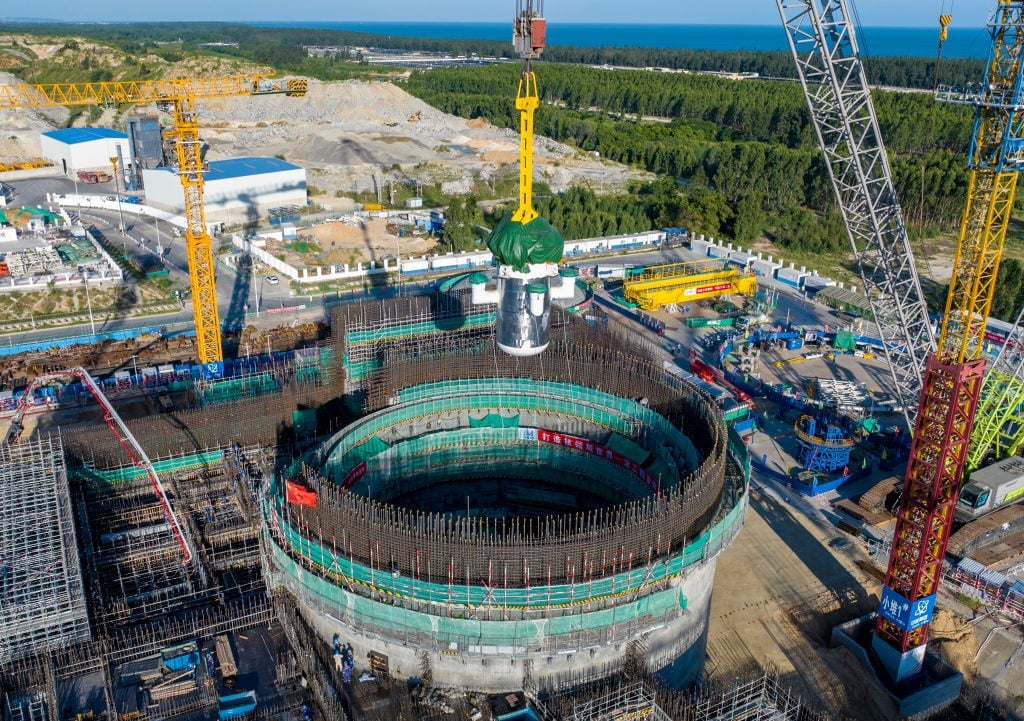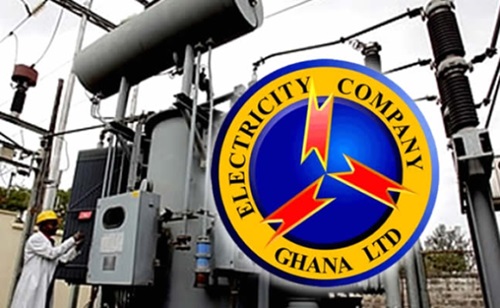- AI needs ‘global governance’, cannot be left to market, UN panel says
- Israeli military strikes Hezbollah as Nasrallah responds to wave of device blasts in Lebanon
- JetBlue to open airport lounges in New York and Boston in battle for big spenders
- From mortgages to auto loans, experts weigh in on when — or if — to refinance as interest rates fall
- August home sales drop more than expected, as prices set a new record
Who Won the U.S. Presidential Debate?

Unlocking the future of energy storage: The dendrite-free potassium anode
Potassium metal batteries (PMBs) are gaining attention as a cost-effective alternative to lithium-ion batteries, thanks to potassium's abundance and similar chemical properties. However, issues like uncontrolled dendrite growth and interfacial instability undermine the performance and safety of PMBs, posing a major challenge that demands new solutions to stabilize the anode interface and prevent dendrite formation.
Researchers from Northeastern University and their collaborators published their findings in the journal eScience. Their study, "Realizing a Dendrite-Free Metallic-Potassium Anode Using Reactive Prewetting Chemistry," introduces a novel approach to constructing a KF/Zn-rich hybrid interface layer on potassium metal.
This interface enhances ion and electron transport dynamics, resulting in an anode with improved electrochemical performance and prolonged stability over 2,000 hours of cycling.
The team developed a KF/Zn hybrid interface layer on potassium metal anodes using a reactive prewetting technique that boosts battery stability and efficiency. Potassium fluoride (KF) serves as a robust electron tunneling barrier that curbs dendrite growth, while zinc (Zn) nanocrystals enhance electrical conductivity and ion transport. This dual-layer interface stabilizes the anode, facilitating seamless ion and electron flow crucial for long-term battery performance.
The study demonstrated that batteries featuring the KF/Zn@K anode sustained more than 2,000 hours of stable cycling with minimal voltage fluctuation and remained dendrite-free. Full battery cells using this anode also exhibited a high reversible capacity of 61.6 mAh/g at 5 C for more than 3,000 cycles, marking a significant step towards safer, high-performance potassium metal batteries for large-scale energy storage.

- September 19, 2024
ECG privitisation: Who will put money in a failing organisation?


- September 16, 2024
Typhoon Bebinca hits Shanghai, strongest storm since 1949

- September 19, 2024
Czechs to develop small nuclear reactors with Rolls-Royce

- September 17, 2024
New world record in perovskite solar cell efficiency

- September 18, 2024
ECG needs a fundamental rethink





- September 18, 2024
'End of an era': UK to shut last coal-fired power plant
Subscribe to our mailing list to get the new updates!

Subscribe our newsletter to stay updated
Thank you for subscribing!



